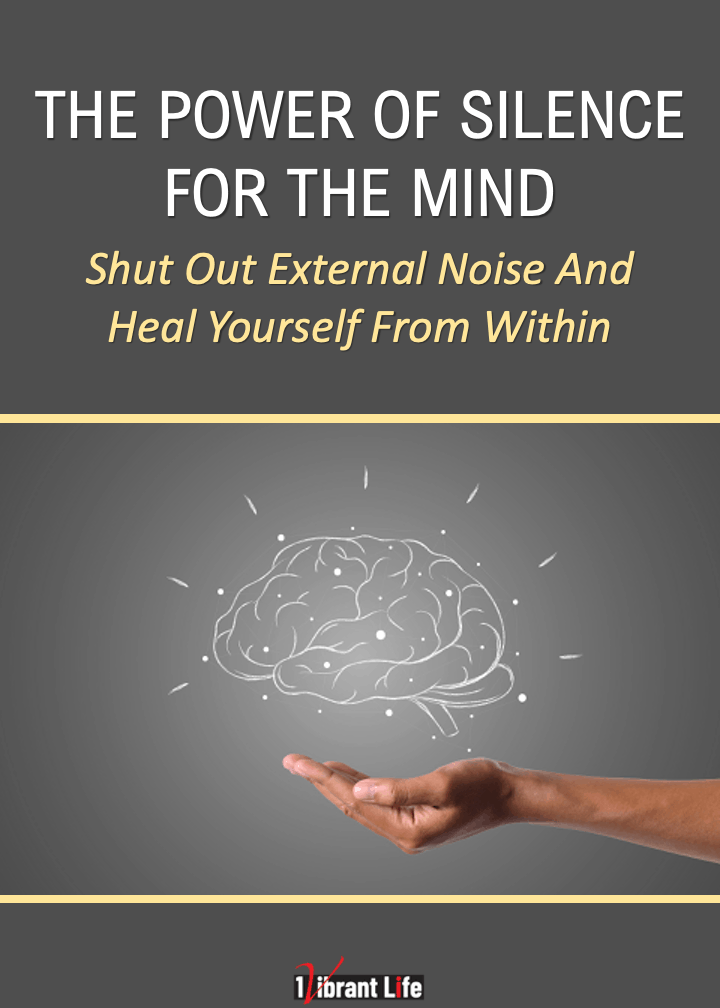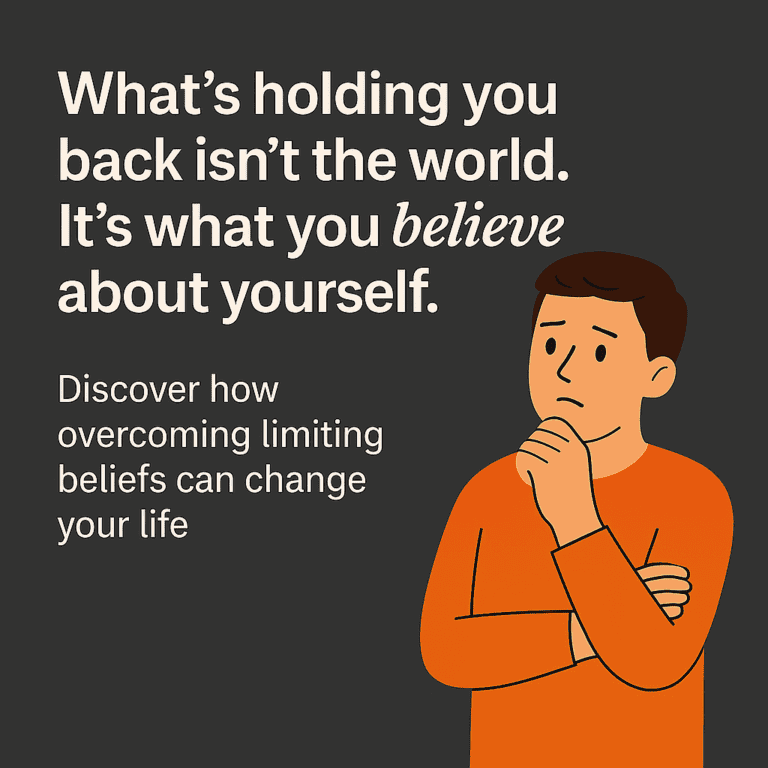How To Support Your Friends When They're Struggling
Knowing how to support your friends when they are struggling is to listen to them. It’s the first and best thing you can do for a friend.
Listening to your friends when they need to vent their frustrations or need someone to talk to about the problems they may be dealing with is a great first place to start.
Since you know and care for your friends, it’s only natural that you want to help a friend when they need you. And there will come a time when you’re going to need support from your friends, too. Knowing how to support your friends when they need you and are struggling is one of the most important things you can learn in life.

“Friends can help each other. A true friend is someone who lets you have total freedom to be yourself – and especially to feel. Or, not feel. Whatever you happen to be feeling at the moment is fine with them. That’s what real love amounts to – letting a person be what he really is.”
~ Jim Morrison
Martin Ward | February 15, 2022
What To Say To Support A Friend
Sometimes it’s hard to know how to support a friend when they’re struggling with significant, life-changing issues. And we know those good friends are hard to find, so we want to give them all the support we can when they need it.
It’s not only hard to know what to say, but how to say it, and even when to speak.
Not everyone or every friend has the inner strength, or capacity, to handle other people’s problems. Often these are the friends who become unavailable or missing in action.
Friends that are not being available does not make them lousy friends. It’s just not a friendship or relationship skill everyone has learned to master.
That’s why you’re here. You’re trying to get some ideas on how to help a special friend or, as we say, a true friend. Good for you!
Kathryn Gordon, Ph.D., is a licensed clinical psychologist and writes in her post How to help a friend through a tough time, according to a clinical psychologist on Vox.com;
“There’s no perfect thing to say in the most difficult situations, but we can support each other by opening dialogue, expressing compassion, and listening with the goal of understanding.”
So, if you can handle it and feel like something is wrong with a friend, the best thing to do is to inquire in a thoughtful and non-invasive way.
Let your friend know that you sense they seem distracted or a little distant and want to see if you can do anything to help.

eBook

Audio eBook

eBook
Three personal growth tools for you as a gift for visiting 1VibrantLife.com
How To Support A Friend Going Through Difficult Times
When you recognize a friend is, in fact going through difficult times, you may feel like rushing right over to them.
However, the best thing you can do is let them lead the way. They may not need your help today or even tomorrow, so let them know you’ll be there for them when they are ready.
Let them tell you what they need and what they need from you. Letting your friends lead the way may not be easy for you because you generally have a more dominant role in the relationship.
They may have a very private health issue that will take time for them to understand all the details about the problem and be able to talk to you about it.
Stephanie Kirby writes in her post The Importance Of Having Supportive Friendships on the Betterhelp.com website the characteristics of a true friend. “A supportive friend is someone who understands who you are and what you need. You will quickly learn that they will be with you through thick and thin.”
Again, the number one best thing you can do right away for them is to simply listen.
Here are five listening tips that may help.
- Listen to them attentively.
- Don’t interrupt them when they are talking.
- Let them talk until they’ve finished talking about their problems or until the topic of conversation changes.
- Acknowledge that you care about them and want to help them by saying things like “I am sorry this happened to you” or “It sounds like this has been hard for you to deal with.” This type of response can be exceptionally comforting for them.
- Offer advice if appropriate, but don’t force it on your friend if they don’t want it. Only offer advice if they ask for it or when you feel they are ready and able to receive it.
How To Ask If A Friend Needs Help
How do you know if your friend needs or even wants your support?
Our friends can’t always tell us what’s wrong with them because they aren’t even sure what is bothering them.
The best first step is to reach out to them about what they are going through and then listen as we’ve discussed without judgment or criticism.
There are other ways to offer support and make a friend feel better.
- Offer to take them out for a cup of coffee.
- Send them a text message and ask if they need anything.
- Invite them over for dinner.
- Ask if there is anything they need help with around the house.
When friends need you, they need to know that you are there for them. Supporting your friends is a process. Solutions to any problem our friends might have will rarely surface quickly.
They also may need to have some space and time to think things through before they need you involved. That way, they have a better mindset are more eager and ready for your input.
So, listen more than you speak, make sure that someone, like family or partner, is there for them if they need that. And always let them know that they are not alone.
“A true friend encourages us, comforts us, supports us like a big easy chair, offering us a safe refuge from the world.” ~ H. Jackson Brown, Jr.
How To Support A Friend Emotionally
Listening to or letting a friend cry on your shoulder is not all there is to lending your emotional support to a friend.
Emotional support requires you to be empathetic with them, and empathy requires your feeling what your friend is feeling.
Put yourself in their place to better understand what they are going through.
Barton Goldsmith, Ph.D., LMFT, writes in his article 10 Ways to Get and Give Emotional Support on Psychologytoday.com; “Emotional support is about helping to lift someone to higher ground so he or she can see their way through the difficulty. Having someone to rely on when the chips are down is one of the best parts of being in a relationship.”
You can give a friend emotional support by doing nice things for them without asking for it.
Perhaps baking a cake or making their favorite dish, or ordering it for them from their favorite restaurant.
Ensure that you don’t overstep any boundaries because this could worsen things. You also want to let them know that you support their decisions.
Supporting their decisions might not always be easy. However, it will show them that you care and stand behind them with whatever they choose to do.
Helping A Friend In Emotional Distress.
I’m putting this section into the post because it can be a sensitive area to find ourselves in as friends.
Trying to understand and support a friend in serious emotional distress may need help far beyond what we can do for them.
A mental health problem of any kind defiantly requires you to reach out to a friend’s family or mental health professionals.
And to be clear, since we cannot adequately diagnose a friend’s level of sadness or depression, you need to do a couple of things.
Again, I am not a Psychiatrist, Psychoanalyst, or Therapist, so this is only general information for you to consider.
- First, tell them to talk to their parents or a professional therapist right away to help them get back on track. And then follow up to see that they do it. Or help them find someone they can speak with, or you can help them get a support hotline to call. Here is a link to national help hotlines.
- If they seem extremely troubled and don’t seem to be taking action to get help, then you tell their parents, their brothers, sisters, other family members, tell your school counselor that they are having a problem. Don’t worry about them being mad at you. A true friend will ultimately forgive you and most likely be thankful.
Again, this part in the post is only suggestions for how to help a very emotional friend, and we need to assess our friend’s level of emotional turmoil as best we can.
Sadness may last only a few days or a couple of weeks. More serious emotional distress can last much longer, which would signify that they have not taken any action to get help and need professional help.
Just pay attention and never be afraid to tell someone they need to talk to someone other than you because a situation is way above your friendship requirements.
“A true friend freely, advises justly, assists readily, adventures boldly, takes all patiently, defends courageously, and continues a friend unchangeably.”
~ William Penn
In Conclusion
(This is a little longer than most)
Being a good friend takes work as any good relationship does. There are always going to be bumps along the way.
However, supporting a true friend is what we do.
Support from a friend is the most cherished kind of support we have and need throughout our lives.
Because true friendships last throughout our lives, these are the most cherished kinds of friendships we can have.
Other levels of acquaintances along the way may be significant, and we can stay in touch with those kinds of friends as well, but it is these cherished few friends who never let us down.
We can generally count these true lifelong friends on one hand. They know us, and we know them, like the back of our hands.
You can talk to a true friend after many years of being out of touch and pick up right where you left off.
Like not a day has passed. That’s a true friend.
There’s a special kind of love that bonds true friends together, whether there was a physical or intimate connection at play at one point or not.
Love for one another through thick or thin until the end.
That’s the most challenging part of friendship.
We need them, miss them, cherish them, and what their lives have meant to us.
And, when it’s their time to go, we’re going to need our friend’s support to help us get through it.
“A true friend is the greatest of all blessings, and that which we take the least care of all to acquire.”
~ Francois de La Rochefoucauld

My Name is Marty Ward and I’m the creator and publisher of the 1-Vibrant-Life blog.
On March 8th, 1984, I sustained a traumatic brain injury in a car accident while I was driving to my day job.
At the time of the accident, I was having a fairly successful life as a musician in Chicago, which had included a recent appearance on Star Search 84′ with Ed McMahon and preparing to be included in the group’s major independent recording contract.
However, after my accident, I was unable to perform or play my instrument. I was out of work and I had lost all confidence in myself and my abilities, felt lost and with no direction.
My injury and my recovery led me down a path of self-improvement, and self-discovery which gave me my life back filled with many amazing experiences and a newfound sense of hope. Learn more about my story on the 1-vibrant-life about page.
CBTCP Certification (Cognitive Behavioral Therapy Certified Practitioner) | 10-16-2021 Certification From The Academy of Modern Applied Psychology, in The Transformative Science of Cognitive Behavioral Therapy, CBT



